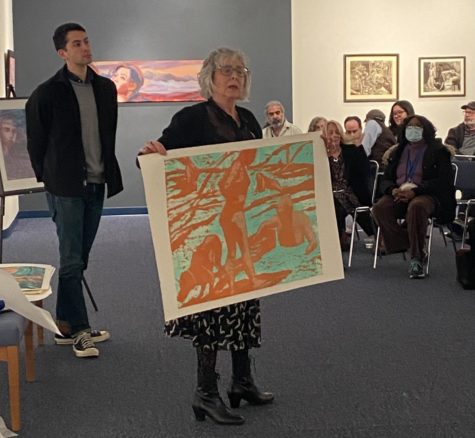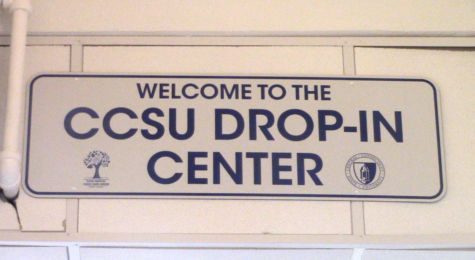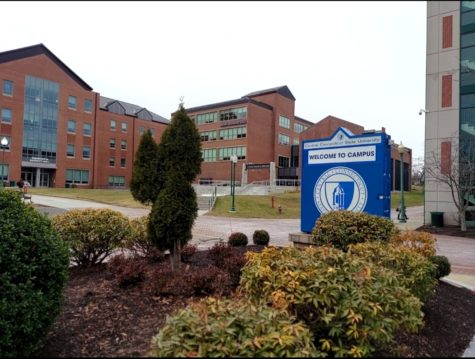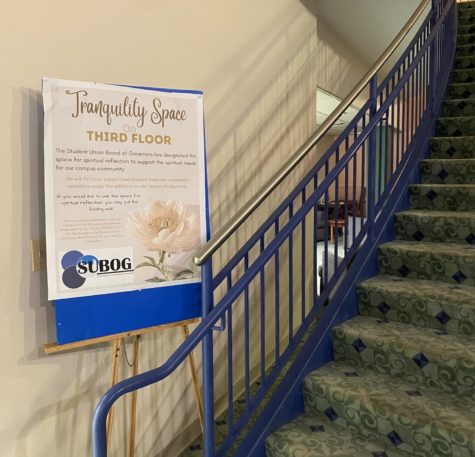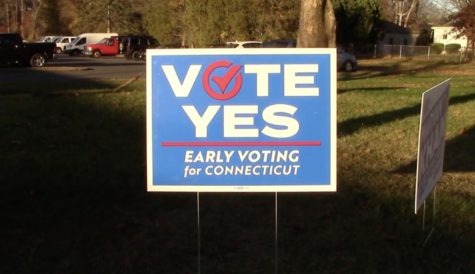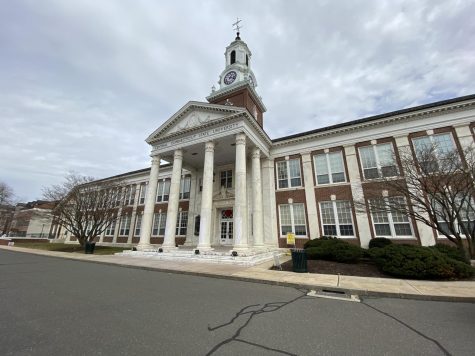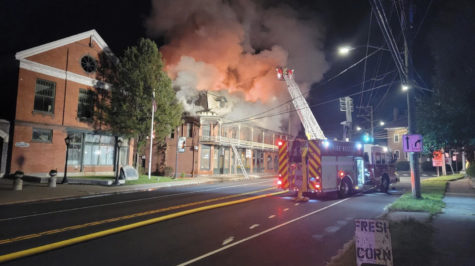Mumps Cases In Connecticut: What You Need To Know
January 20, 2020
Central Connecticut President Dr. Zulma Toro urged students over break to get their MMR Vaccination after a several cases of the mumps were reported in Connecticut.
The email from Dr. Toro was sparked by six cases of mumps being reported in Dec. in Connecticut, three coming from the nearby Hospital of Central Connecticut and one involving a Central Connecticut student. Three more cases were later reported at the University of Connecticut Storrs campus.
Symptoms of the mumps do not appear for two to three weeks after the initial start of the infection, according to the Center for Disease Control and Prevention. The most common symptoms include puffy cheeks and a swollen or tender jaw, but can also include:
- Fever
- Headache
- Loss of appetite
- Tiredness
- Muscle aches
In most cases, people afflicted by the mumps recover fully within two weeks. However, there are rare instances of complications with the disease. Children can contract meningitis, while cases in adults can, on rare occason, lead to deafness or encephalitis.
The United States began to issue the Mumpsvax on March 30, 1967, but it was not recommended for routine use until 1977. In 1989, a two-dose MMR (measles, mumps and rubella) vaccination was implemented, which decreased cases of the mumps in the U.S. by 99 percent according to the CDCP.
Getting both of the MMR vaccinations is about 88 percent effective, while the rate of effectiveness of a single dose sits at 78 percent.
Besides getting vaccinated, both CCSU and the CDCP advise the following in order to prevent any future cases of the mumps:
- Covering of the mouth when coughing or sneezing (no, not with your hands)
- Washing hands often with soap and water
- Not sharing any items that might have saliva on them
- Clean and disinfect surfaces and items
While the vaccinations are effective, the U.S. has had an increase in mumps cases stemming back to 2006, when there were 6,584 reported cases in the country — a spike from the previous year’s 314 cases. As of Dec. 28, 2019 there was a reported 3,474 cases in America, the third most since the 2006 outbreak.
Connecticut was also in the news for a mumps outbreak in 2016, when 41 cases were reported at Harvard University and an additional eight at Sacred Heart University.
As a precaution, CCSU hired an “outside vendor to assist the Facilities Department in deep cleaning of residence halls, the Student Center, dining halls and other high traffic, public areas on campus,” according to Dr. Toro’s email.
Dr. Toro was also quick to point out in her email that one case of the mumps is not considered an outbreak by state health officials. This being the case, students are advised to stay alert and to contact their health provider if they are experiencing any of the listed symptoms.





